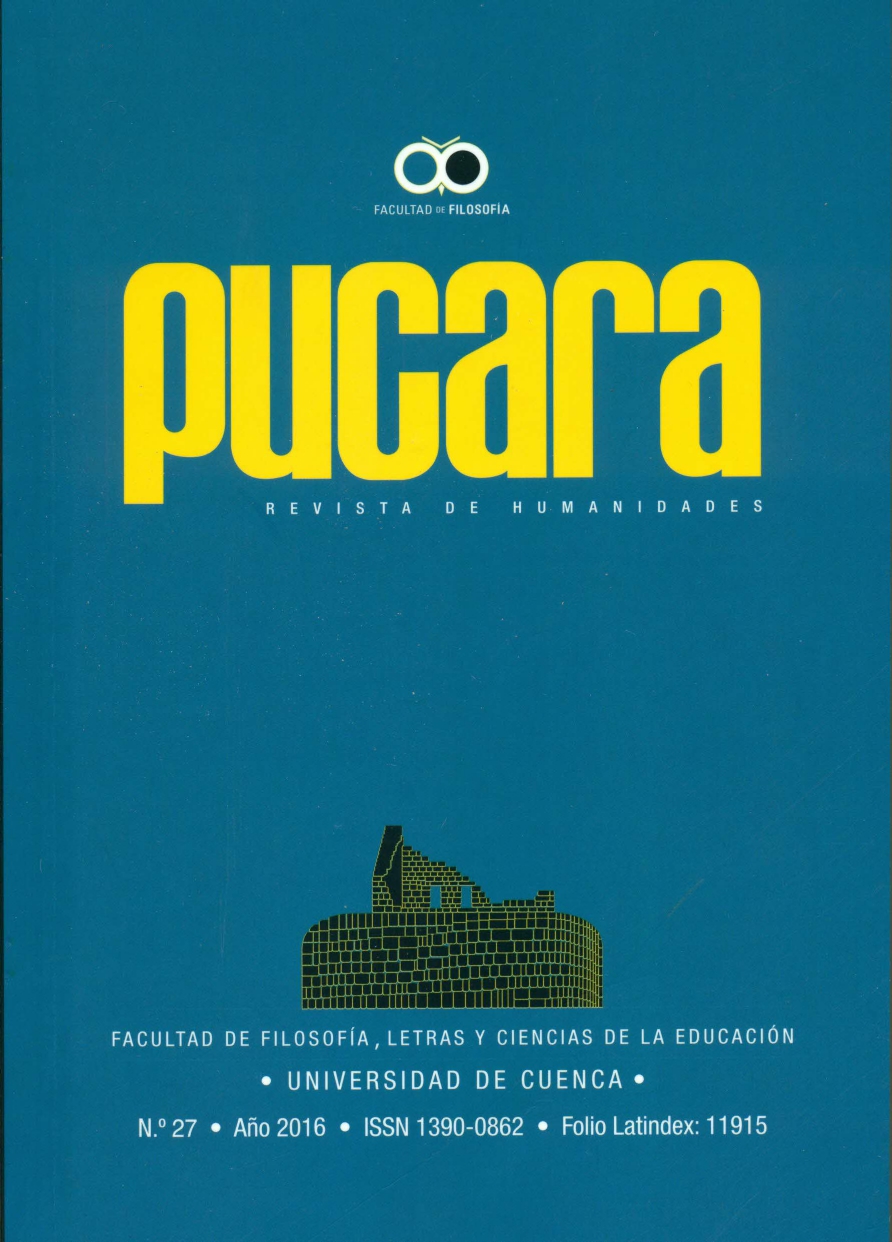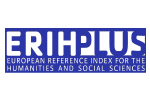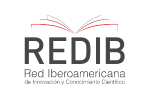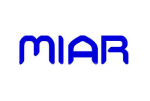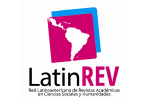Experiencias en el uso de la lectura como forma de extraer lecciones metodológicas de artículos científicos
DOI:
https://doi.org/10.18537/puc.27.17Keywords:
reading, research, methodology, context.Abstract
This work is based on experiences on the use of reading as a means to extract methodological lessons from scientific papers. These experiences were part of several courses on research methodology within a diversity of engineering master programs. Although there was a common approach, the papers read and analyzed were selected in such a way that they were close to the students’ interests. The papers were examples of best research practices in the specialization area of the corresponding master program. This is a key point in the experiences. Providing the right context makes the extraction of different methodological lessons more feasible. Therefore, the main guideline was to be an active reader, i.e., a reader that looks not only for contents, but also for the methodological tools underlying the research that was in turn the base for the scientific text. The results are preliminary and they are described in a rather anecdotal fashion.
Downloads
References
Bazerman, C. (1988). Shaping written knowledge: The genre and activity of the experimental article in science. Madison: University of Wisconsin Press.
Briones, G. (1985). Evaluación de programas sociales: Teoría y metodo-logía de la investigación evaluativa. Programa Interdisciplinario de Investigaciones en Educación.
Bunge, M. (1983). Paradigmas y revoluciones en ciencia y técnica. Em El Basilisco: Revista de filosofía, ciencias humanas, teoría de la ciencia y de la cultura, (15), pp. 2-9.
Bunge, M. (1998). Philosophy of science: from problem to theory, 1. Lon-don: Transaction Publishers.
Bunge, M. (2006). Chasing reality: Strife over realism. University of To-ronto Press.
Bunge, M. (2010). “Knowledge: Genuine and bogus”. En Matter and Mind. A Philosophical Inquiry (p. 239-264). Montreal: Springer Netherlands.
Carlino, P. (2003). “Alfabetización académica: un cambio necesario, al-gunas alternativas posibles”. En Educere, 6(20), 409-420.
Eilam, E. (2011). Reversing: secrets of reverse engineering. John Wiley & Sons.
Heinze, T., Shapira, P., Rogers, J. D., & Senker, J. M. (2009). “Orga-nizational and institutional influences on creativity in scientific research”. En Research Policy, 38(4), pp. 610-623.
Kasanen, E., & Lukka, K. (1993). “The constructive approach in manage-ment accounting research”. En Journal of management account-ing research, (5), pp. 243-264.
Polanyi, M. (1966). “The logic of tacit inference”. En Philosophy, 41(155), pp. 1-18.
Published
How to Cite
Issue
Section
License
Copyright (c) 2016 Esteban Samaniego

This work is licensed under a Creative Commons Attribution-NonCommercial-ShareAlike 4.0 International License.
Copyright © Autors.

You are free to:
 |
Share — copy and redistribute the material in any medium or format |
 |
Adapt — remix, transform, and build upon the material for any purpose, even commercially. |
Under the following conditions:
 |
Attribution — You must give appropriate credit, provide a link to the licence, and indicate if changes were made. You may do so in any reasonable manner, but not in any way that suggests the licenser endorses you or your use. |
| NonCommercial — You may not use the material for commercial purposes. | |
| ShareAlike — If you remix, transform, or build upon the material, you must distribute your contributions under the same license as the original. |
| No additional restrictions — You may not apply legal terms or technological measures that legally restrict others from doing anything the licence permits. |

